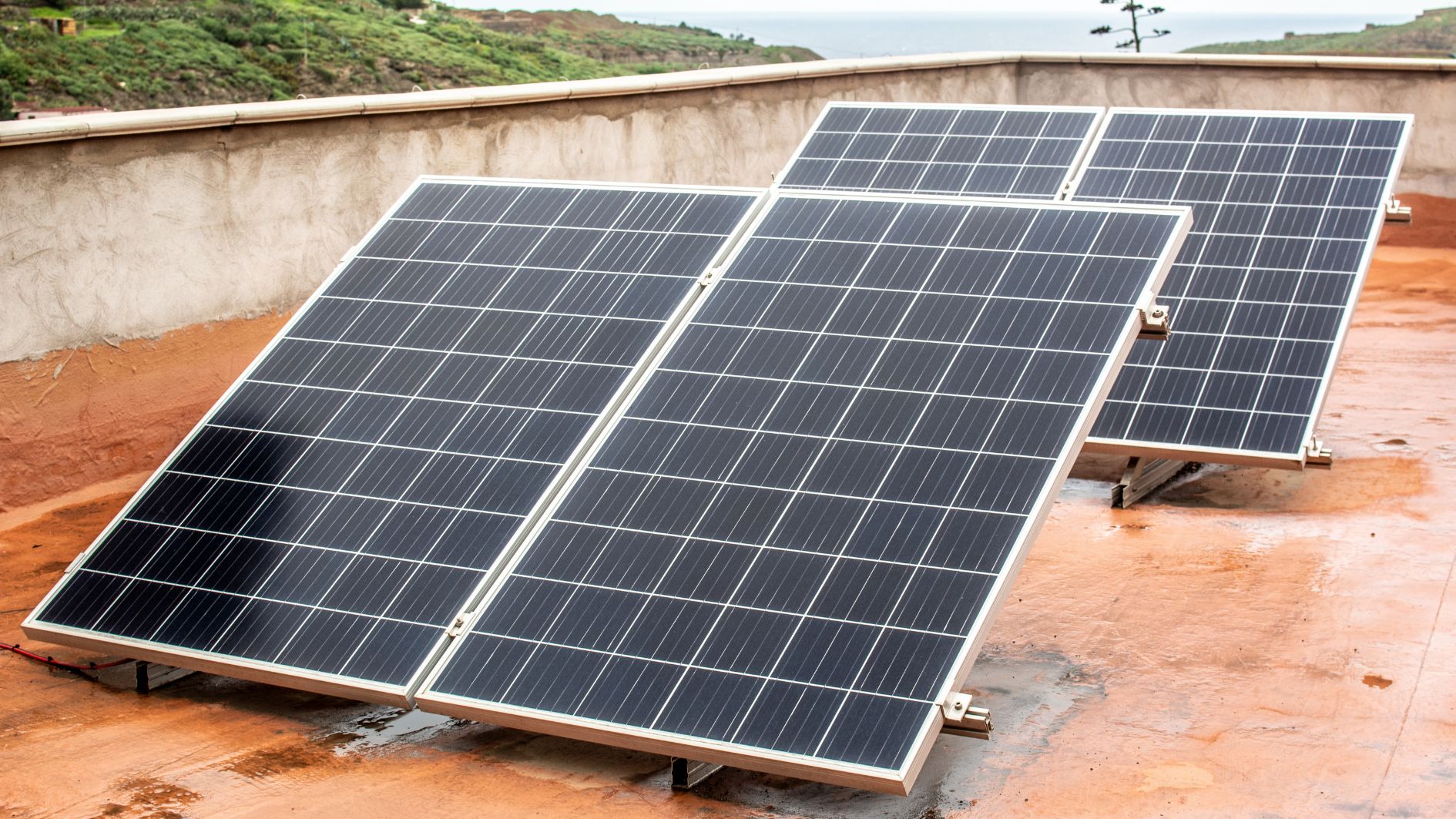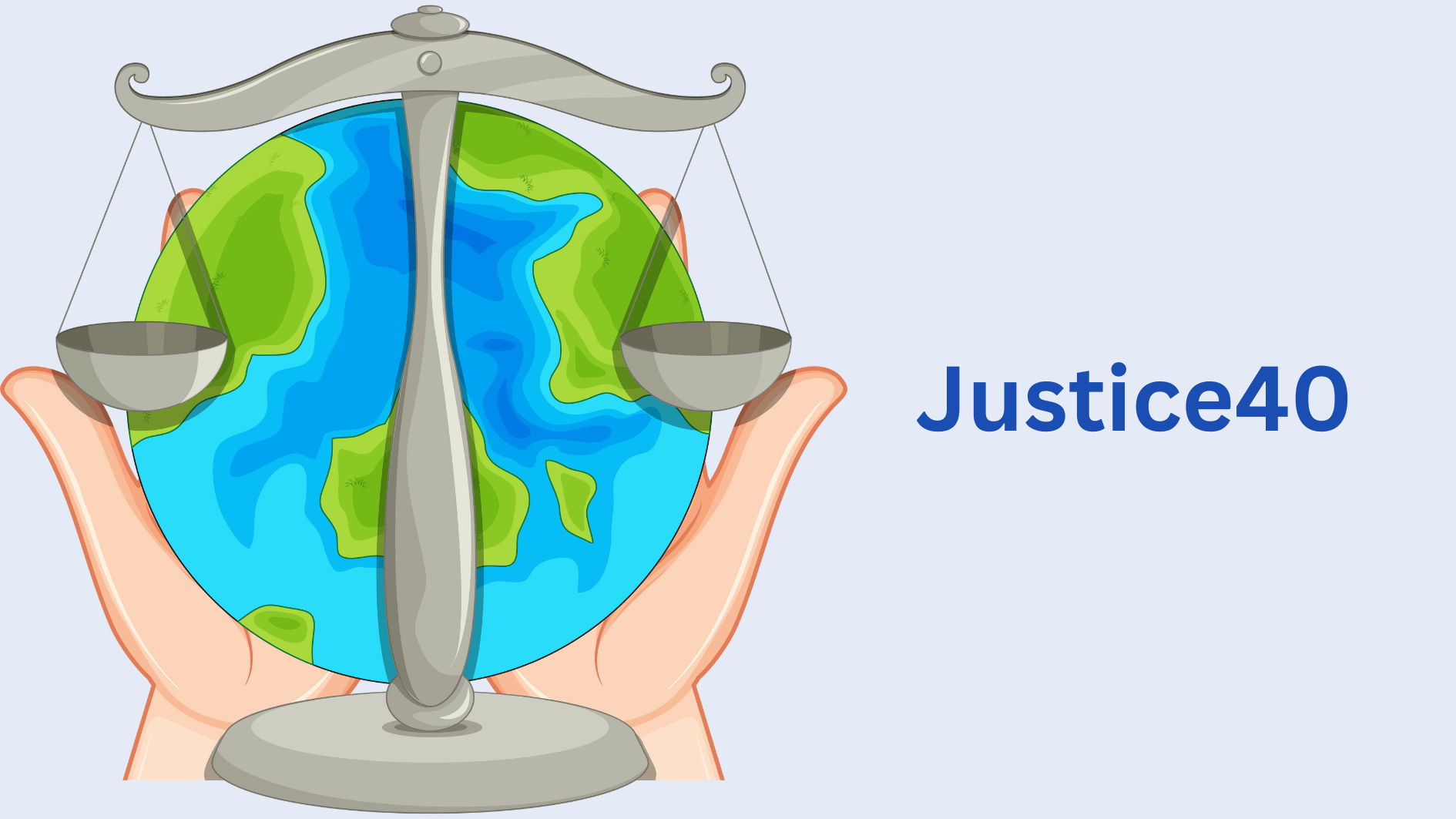Image source: Canva.com
Installing solar panels on your own can be a rewarding and cost-effective way to harness renewable energy for your home. While the process requires careful planning, a solid understanding of the installation steps, and a commitment to safety, it is achievable for those with the right skills and resources. This guide will walk you through the essential steps of a DIY solar panel installation, from assessing your energy needs and selecting the right equipment to mounting the panels and connecting the system to your home’s electrical grid. Whether you’re looking to save on installation costs or simply enjoy the satisfaction of completing a project yourself, this overview will help you navigate the process with confidence.
DIY Solar Panel Installation: Is It Right for You?
Solar incentives significantly reduce the cost of going solar, but you’ll still need to invest $20,000 or more upfront. While solar can save you money in the long run, that initial five-figure cost can be daunting. If you’re looking for ways to cut costs, DIY solar panel installation might seem appealing, but it could end up costing you more over time.
DIY Solar Panels: Limited Savings and High Risks
Opting for a DIY approach to solar panel installation can be tempting due to the potential for cost savings and the satisfaction of completing the project yourself. However, this route often comes with significant trade-offs. While initial costs may seem lower, the savings may be offset by the complexities and risks involved. DIY installations can lead to inefficiencies or issues with the system’s performance, which could result in higher long-term costs or reduced energy savings. Additionally, the potential for errors during installation poses safety risks and may lead to problems with system reliability or even damage to your property. Understanding these limitations and risks is crucial before embarking on a DIY solar project to ensure that the decision aligns with your goals and capabilities.
Home Solar Panel Systems Require Professional Expertise
Home solar panel installations involve electrical, roofing, and other specialized work. No amount of online research or DIY guides can match the expertise of experienced solar companies. An amateur installation increases the risk of system errors, physical harm, and potential damage to your home.
The Benefits of Professional Solar Installation
Qualified and Protected Installation
Solar companies are held to high standards, ensuring they provide knowledgeable insight and install systems that best fit your needs. Installers must be licensed and qualified in every state, with additional certifications like the North American Board of Certified Energy Practitioners (NABCEP) Solar PV Installation Professional Certification further ensuring their expertise.
Warranties and Guarantees
Solar panel warranties are crucial for protecting your investment and maximizing savings. Many manufacturers honor warranties only if a qualified installer handles the installation. Installers often provide additional guarantees for their work, something you won’t get with a DIY installation.
Access to High-Quality Equipment
Solar installers purchase equipment from wholesale distributors, accessing top solar panel brands at lower prices. Many of these brands aren’t available to the general public, making hiring a professional installer a smart choice for quality equipment.
Grid Connection Maintenance
Most home solar systems remain connected to the grid, ensuring you have electricity on cloudy days and allowing participation in net metering programs. Utilities require a certified electrician’s sign-off for grid connection, which can be difficult to obtain for DIY installations.
Administrative Assistance
The paperwork and research involved in a solar installation can be extensive and complex. Professional installers handle permits, licensing, and applications, streamlining the process and ensuring compliance with local regulations.
While DIY solar panel installation may seem like a cost-saving option, the risks and potential long-term costs make professional installation a wiser choice for most homeowners. For a reliable and efficient home solar panel system, working with a professional installer is the best route.
For Small-Scale Off-Grid Installations, DIY Solar Panels Can Work
For small-scale off-grid solar installations, DIY solar panels can be a viable and effective solution. These projects often involve fewer panels and simpler setups, making them more manageable for individuals with basic technical skills. In off-grid scenarios, where the system’s primary goal is to power a small cabin, shed, RV, or remote location, the flexibility and lower cost of a DIY approach can be advantageous. With careful planning and adherence to safety guidelines, individuals can successfully install and maintain a functional off-grid solar system. This approach allows for greater control over the installation process and can provide a cost-effective means of achieving energy independence in less demanding environments.
Pros and Cons of DIY Solar Panels and Kits
DIY solar panels can be an excellent choice for off-grid and small home applications, but for powering an entire home, a professional installer is usually the better option.
Pros of DIY Solar Panels
- Energy Independence: Allows homeowners to become less reliant on the electricity grid.
- Cost Savings: Homeowners can save about 10% on installation costs that would otherwise go towards labor.
- Suitable for Limited Appliances: Effective for powering limited appliances in RVs, boats, and small off-grid setups.
Cons of DIY Solar Panels
- Maintenance Responsibility: DIY systems lack the warranties that installers offer, meaning you’ll handle all upkeep and repairs.
- Installation Challenges: Installation can be difficult and dangerous for those without professional experience.
- Legal Issues: DIY installations may be illegal in some areas due to local zoning laws.
- Potential Higher Costs: Improper installation can lead to higher long-term costs.
- Equipment Quality: Limited access to high-quality equipment compared to what professional installers provide.
Maintaining Your DIY Solar Panel System
Solar panel warranties are a significant benefit of working with certified solar installers, offering equipment and performance coverage in case of issues. DIY systems lack these warranties, placing all maintenance and repair responsibilities on you. Keeping your panels clear of debris is crucial, but if something goes wrong, it could result in higher costs without warranty protection.





